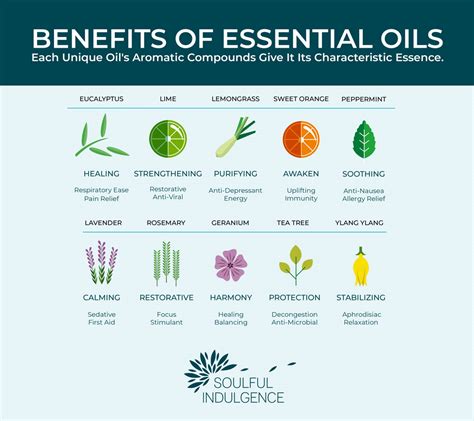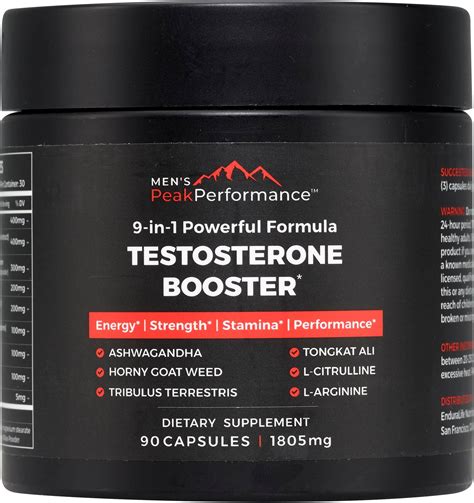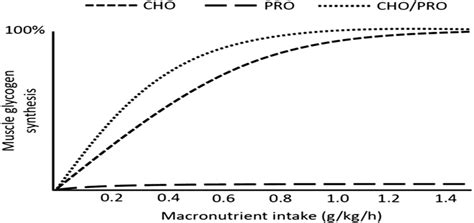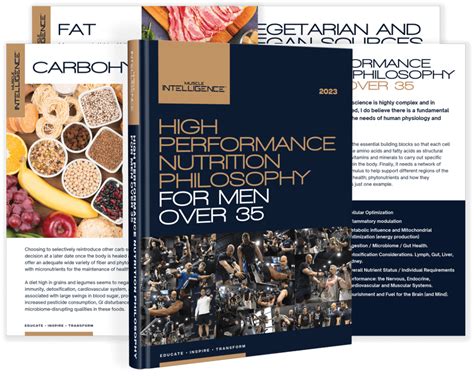How much protein do men need daily for optimal muscle recovery & peak performance?

The Crucial Role of Protein for Men
For men looking to maximize muscle recovery, build strength, and achieve peak physical performance, protein isn’t just a nutrient—it’s a foundational building block. This essential macronutrient is vital for repairing muscle tissue damaged during exercise, synthesizing new muscle protein, producing hormones, and supporting countless other bodily functions. While general dietary guidelines provide a baseline, the specific protein needs of active men often significantly exceed these recommendations.
Understanding the right amount of protein to consume daily can be the difference between hitting a plateau and consistently progressing towards your fitness goals. It’s not just about quantity; factors like timing, quality, and individual lifestyle play equally important roles.
Understanding Baseline Protein Needs vs. Optimal Intake
The Recommended Dietary Allowance (RDA) for protein is 0.8 grams per kilogram (g/kg) of body weight, or about 0.36 grams per pound, for the average sedentary adult. While this amount is sufficient to prevent deficiency, it’s widely considered inadequate for men who engage in regular exercise, especially strength training, or those looking to actively build muscle mass and enhance recovery.
For active men, higher protein intake is necessary to support the increased demands placed on the body. Exercise, particularly resistance training, creates micro-tears in muscle fibers. Protein provides the amino acids needed to repair these tears, leading to stronger, larger muscles. Without adequate protein, recovery is hindered, performance suffers, and muscle growth is compromised.

Factors Influencing Your Protein Requirements
Several variables determine an individual man’s optimal protein intake:
- Activity Level and Type: Men engaged in intense strength training or endurance sports will require more protein than those with moderate or light activity levels. Strength athletes, in particular, need higher amounts for muscle repair and hypertrophy.
- Body Composition Goals: If the goal is muscle gain (bulking), a higher protein intake supports anabolism. If the goal is fat loss (cutting) while preserving muscle, elevated protein intake is crucial to prevent muscle catabolism in a caloric deficit.
- Age: As men age, a phenomenon known as anabolic resistance can occur, meaning the body becomes less efficient at utilizing protein for muscle protein synthesis. Older men may benefit from a higher protein intake to maintain muscle mass and prevent sarcopenia.
- Current Body Weight: Protein needs are often calculated based on body weight, but it’s more accurately determined by lean body mass, as fat mass doesn’t contribute to protein synthesis in the same way.
Specific Recommendations for Muscle Recovery and Performance
For most men aiming for optimal muscle recovery and peak performance, research suggests a protein intake ranging from 1.6 to 2.2 grams of protein per kilogram of body weight per day (or 0.7 to 1.0 grams per pound of body weight). Some studies even support up to 2.5 g/kg for elite athletes or during aggressive fat loss phases.
For example, a man weighing 80 kg (approximately 176 lbs) would aim for roughly 128-176 grams of protein daily. This intake ensures a steady supply of amino acids to facilitate muscle repair and growth, especially after strenuous workouts.
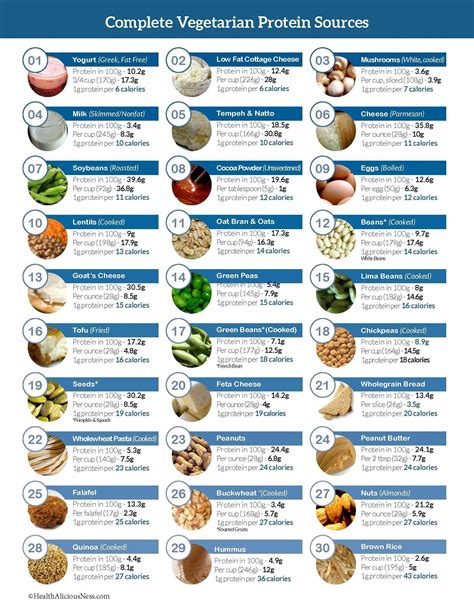
Quality Matters: Best Protein Sources
Not all protein sources are created equal. Focus on high-quality, complete proteins that provide all nine essential amino acids the body cannot produce on its own.
Excellent animal-based sources include:
- Lean meats (chicken breast, turkey, beef, pork)
- Fish (salmon, tuna, cod)
- Eggs
- Dairy products (Greek yogurt, cottage cheese, milk, whey protein)
For plant-based diets, good sources of complete or complementary proteins include:
- Soy products (tofu, tempeh, edamame)
- Quinoa
- Legumes (beans, lentils) combined with grains
- Nuts and seeds
- Plant-based protein powders (pea, rice, hemp)

Timing Your Protein Intake for Maximum Benefit
While total daily protein intake is most critical, strategic timing can further enhance results. Aim to distribute your protein intake relatively evenly throughout the day, roughly every 3-4 hours, across meals and snacks. This helps maintain a constant supply of amino acids for muscle protein synthesis.
- Pre- and Post-Workout: Consuming 20-40 grams of protein before and/or after a workout can optimize muscle repair and growth. The “anabolic window” isn’t as narrow as once thought, but a post-workout protein source remains beneficial.
- Before Bed: A slow-digesting protein like casein (found in cottage cheese or casein protein powder) before sleep can provide a sustained release of amino acids overnight, aiding recovery and muscle repair while you rest.

Can You Have Too Much Protein?
For healthy individuals, consuming protein at the higher end of the recommended range (up to 2.5 g/kg) is generally safe. There’s a common misconception that high protein intake can harm the kidneys, but current scientific evidence does not support this for individuals with healthy kidney function. However, always ensure adequate hydration, as a higher protein diet requires more water for metabolic processes.
Extremely high protein intake (e.g., above 3.0 g/kg) is rarely necessary and may lead to digestive issues or displace other important macronutrients like carbohydrates and fats, which are also crucial for performance and overall health.
Tailoring Your Protein Strategy
Finding your optimal protein intake is an individualized journey. Start with the general recommendations for active men and adjust based on your body’s response, training intensity, and specific goals. Keep a food diary to track your intake, observe how your body recovers, and make incremental changes.
Consulting with a registered dietitian or a sports nutritionist can provide personalized guidance tailored to your unique needs, health status, and athletic aspirations, ensuring you fuel your body effectively for both muscle recovery and peak performance.

Fueling Your Best Self
Adequate protein intake is paramount for men serious about their fitness and health. By prioritizing high-quality protein, distributing it throughout the day, and understanding your individual needs, you can significantly enhance muscle recovery, stimulate growth, and unlock your full potential in the gym and in life. Make protein a cornerstone of your daily nutrition strategy to truly fuel your best self.
